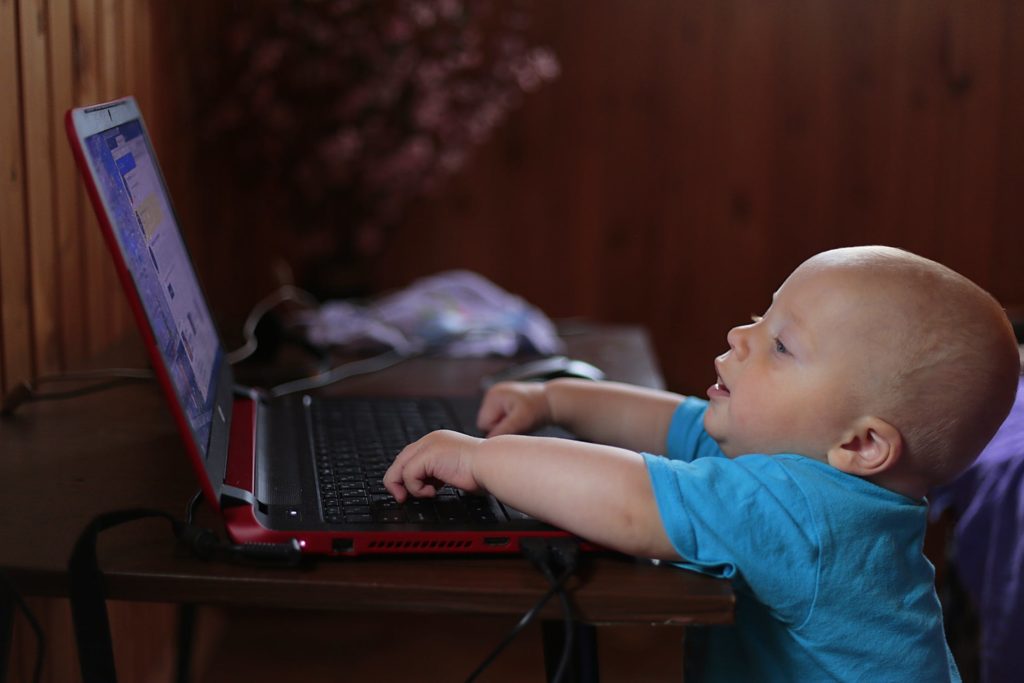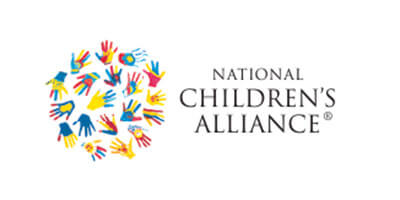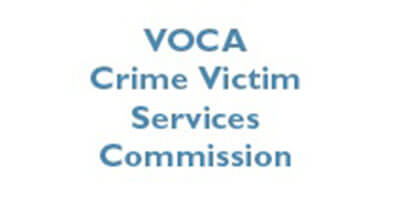The following post is written by one of our Criminal Justice interns, Holly, who has been interning with us since May. Holly attends Central Michigan University and is interested in pursuing a career in the Human Service Field.

In today’s day and age technology—more specifically social media—has become an integrative part of society. Social media consists of apps like Twitter, Facebook, SnapChat, Instagram, EBay, Poshmark, Tinder, YouTube and Pinterest—to name a few. For a broad definition, social media is any source that allows interaction between users. The companies behind the highly recognized names are undoubtedly successful and ensure privacy aspects of their businesses, but it is still at the discretion of the user to ensure their personal safety.
To begin with, social media has many positives that come along with it. For instance, the ease of communication with peers and/or long-distance family members, as well as the ability to get your word out at the drop of a hat—whether it be something you are advocating for or simply an opinion. Additionally, social media can provide professional networking opportunities, as well as the ease of buying/selling necessities. However, there is one aspect of social media that stands out: the ability to meet new people. This can be labeled as a positive, but it is necessary to follow precautionary steps when meeting people online.
A common societal perception is that each generation interacts with technology at a younger and younger age. A large sum of children receive their first cell phone in elementary school, and it is practically impossible to buy a non-smart phone anymore. As of 2015, the average age for a child to receive their first cell phone in America was six years old—and based on the rapid expansions continually happening in society I doubt this has gotten any higher. Don’t get me wrong, technology is great, but at what point does it become dangerous?
Regardless if someone is behind a screen or not, there is still immense possibility to experience comfortable and uncomfortable feelings. So, it is important to be cautious of the information you share. Some people feel meeting others online is easiest; they may feel more comfortable behind a screen than they do in person. However, it is still critical to keep personal information personal, and to always have your guard up. This does not mean you cannot post on social media, it simply means to never share things like a phone number or address, to be cautious of using relative’s names and to steer clear of providing locations. This makes it harder for someone to track you, reducing the risk of acquiring a stalker. When sharing information online always ask yourself, “is this necessary to share?” and “what could someone potentially do with this information?”. Most social media apps ask for your location on a frequent basis, sometimes this could be to cater your feed to stuff in your area, and other times it may be to show others where you are—like with SnapMaps and Find My Friends. It is best to disable these services for your own protection. Aside from that, it is easy to lie behind a screen because it’s impossible to read body language/look into someone’s eyes. With that being said, trusting a stranger becomes infamously more difficult.
If you receive friend requests you do not know, do not accept. Think about it: if you don’t know this person, what is the point in allowing them to view your profile, see your pictures and see who you are friends with? It seems unnecessary. However, if you choose to accept anyways, it is important to be aware while chatting with them online.
Warning signs of an online predator may include:
asking personal questions too early into the relationship, asking for whereabouts, rapidly stalking/following you on other social media platforms, contradicting what they have told you about themselves, and/or knowing personal information you did not share with them.
Being cautious should be anyone’s utmost priority when spending time on social media.
Ultimately, social media has many benefits, but it can bring along threatening aspects if it is used with your guard down. It is always best to err on the side of caution and share less information rather than more. Online services and apps can be fun, beneficial and useful if used properly, so do your best to ensure you have the best experience with social media!












